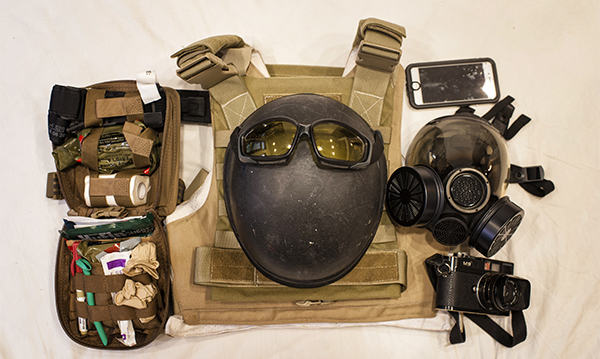What is CPJ doing about the risks?
This report shows how the world has become more dangerous for journalists. Given the proliferation of violent non-state actors; the shrinking rule of law in some places and resurgent authoritarianism in others; and reduced foreign news coverage by media in favor of reliance on freelancers, keeping journalists safe requires new strategies.

For this reason, CPJ has created an Emergencies Response Team to promote and advance journalist safety.
The team is made up of a group of regional, advocacy, and support experts, including the organization’s first journalist safety specialist. It builds on the expertise of CPJ’s Journalist Assistance program, which has provided direct support to thousands of journalists worldwide since 2001, and of its Technology program, which cultivates information security.
The Emergencies Response Team will provide comprehensive support to journalists at risk, whether frontline war correspondents or local journalists covering sensitive stories. The team informs journalists of existing and developing risks, and works to promote safety through the development of risk assessment mechanisms and contingency planning. When information and prevention are not enough, the group will work as a crisis management team.
The Emergencies Response Team will work with partners around the world and with the ACOS Alliance, which stands for “A Culture of Safety” and promotes the Freelance Journalist Safety Principles. The alliance includes news outlets, journalist groups, and press freedom organizations, and was set up to promote safety in the wake of the 2014 beheadings of freelance journalists in Syria.
CPJ’s website includes a number of resources, including a comprehensive Journalist Security Guide available in 11 languages, frequent safety advisories, a list of CPJ partners and external resources, and instructions about how to contact CPJ to get help.